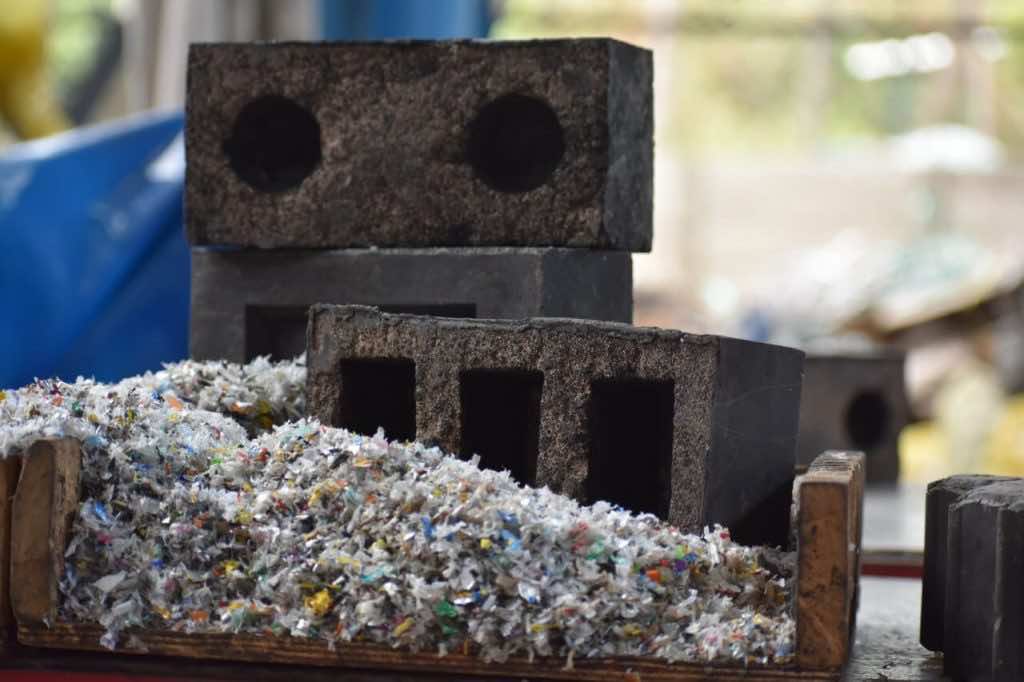We all know the harmful effects of plastic waste and the threats that it may pose to the environment. In addition to this, it has been found that less than 10% of plastic waste actually gets recycled, and guess what? All of the remaining 90% of plastic waste is eventually destroying our environment in the form of land, water, and air pollution. Seeing these alarming statistics, a 30-year-old engineer from Kenya has come up with a creative solution to efficiently utilize plastic waste in some innovative solutions.
A Kenyan engineer named “Nazambi Matee” has proposed an effective solution to mitigate this pressing issue. She said that plastic waste would be upcycled and then it would be integrated with sand, which will transform this waste into construction bricks and paving stones. This is called the efficient utilization of resources. She also owned her own company, “Gjenge Makers”, which is based in Nairobi, where she has already started implementing this procedure. The company manufactures different kinds of paving stones that are being utilized on sidewalks, driveways, and roads.
She says that the company is thinking of expanding this business and is looking for new and affordable ways to build houses using this material. Isn’t it amazing! Once successful, this would be a mega-project in terms of environmental sustainability. As Matee said in an interview, “As a materials expert, I believe that plastic is one of the misunderstood materials because its effect is so huge that you aren’t able to quantify it, but its impact is equally the same.”
While talking to Agence France-Presse, she stated, “In Nairobi, we generate about 500 metric tons of plastic waste every single day, and only a fraction of that is recycled. And that made me think — what happens to this plastic? ” Matee further said that there is still a long way to go before we can smoothly conduct these procedures and can obtain maximum output. She said that a lot of effort is needed to achieve the mechanism on a large scale.
Matee expressed her concern by saying that PET plastic, which is being widely used in almost every industry, cannot be processed easily by the machines, but she hopes to rectify that issue soon. “There is more that can be done, there is more that needs to be done. “We are just a single drop in the ocean… small, small drops will have a big effect,” she stated.

